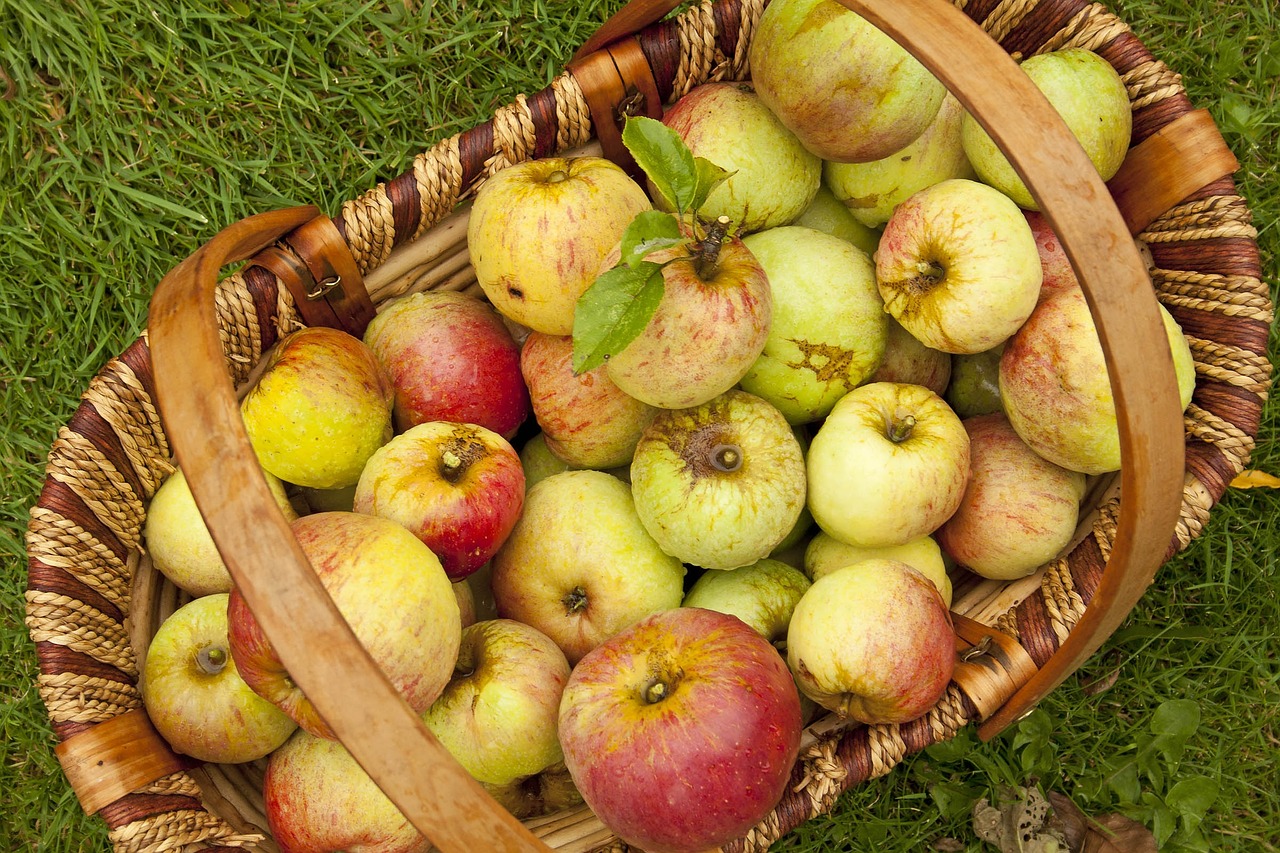Understanding the Link Between Diet and Fertility: Play 99 exchange, Lotusbhai, Playexch in login
play 99 exchange, lotusbhai, playexch in login: Understanding the Link Between Diet and Fertility
Are you struggling to conceive? Have you been trying to get pregnant without success? Before you turn to expensive fertility treatments or procedures, consider taking a closer look at your diet. Believe it or not, what you eat can have a significant impact on your fertility.
In today’s fast-paced world, many of us rely on convenience foods that are high in processed sugars, unhealthy fats, and artificial ingredients. These types of foods can wreak havoc on our bodies, leading to hormonal imbalances, inflammation, and other issues that can interfere with fertility.
But don’t worry, making simple changes to your diet can make a big difference when it comes to improving your chances of conceiving. In this article, we’ll explore the link between diet and fertility, and provide you with some practical tips on how to optimize your diet for improved reproductive health.
The Role of Nutrition in Fertility
It’s no secret that proper nutrition is essential for overall health and wellbeing. But when it comes to fertility, the foods you eat can play a crucial role in your ability to conceive. A diet that is rich in essential nutrients can help regulate hormones, reduce inflammation, support egg quality, and improve overall reproductive function.
On the other hand, a poor diet that is high in sugar, unhealthy fats, and processed foods can have the opposite effect. These types of foods can lead to insulin resistance, hormonal imbalances, oxidative stress, and other issues that can impair fertility.
So, what can you do to improve your diet and boost your fertility? Here are some key principles to keep in mind:
1. Eat a Balanced Diet
A balanced diet is one that provides all the essential nutrients your body needs to function optimally. This includes a mix of protein, healthy fats, complex carbohydrates, vitamins, and minerals. Focus on whole, nutrient-dense foods such as fruits, vegetables, lean proteins, whole grains, and healthy fats.
2. Get Your Healthy Fats
Healthy fats are essential for hormone production and overall reproductive health. Include sources of omega-3 fatty acids, such as fatty fish, flaxseeds, chia seeds, and walnuts, in your diet. Avocados, olive oil, and coconut oil are also great sources of healthy fats.
3. Limit Processed Foods
Processed foods are often high in added sugars, unhealthy fats, and artificial ingredients that can disrupt hormonal balance and impair fertility. Limit your intake of processed foods and opt for whole, natural foods whenever possible.
4. Stay Hydrated
Drinking plenty of water is essential for reproductive health. Hydration is important for healthy cervical mucus production, which plays a crucial role in fertility. Aim to drink at least eight glasses of water per day.
5. Avoid Excessive Caffeine and Alcohol
While a moderate amount of caffeine is generally considered safe during pregnancy, excessive caffeine intake has been linked to fertility issues. Similarly, heavy alcohol consumption can impair fertility in both men and women. Limit your intake of caffeine and alcohol if you’re trying to conceive.
6. Maintain a Healthy Weight
Being either underweight or overweight can have a negative impact on fertility. Aim to maintain a healthy weight through a balanced diet and regular exercise. Consult with a healthcare provider if you need help developing a weight management plan.
By following these principles and making simple changes to your diet, you can improve your fertility and increase your chances of conceiving. Remember, it’s never too late to start making healthier choices when it comes to what you eat.
FAQs About Diet and Fertility
1. Can a poor diet really affect my fertility?
Yes, a poor diet can have a significant impact on your fertility. Foods that are high in sugar, unhealthy fats, and processed ingredients can disrupt hormonal balance, cause inflammation, and impair reproductive function.
2. What are some foods that can boost fertility?
Certain foods are known for their fertility-boosting properties. These include leafy greens, berries, fatty fish, nuts and seeds, avocado, and whole grains. Including these foods in your diet can help support reproductive health.
3. Are there any specific vitamins or minerals that are important for fertility?
Yes, several vitamins and minerals are essential for fertility. These include folate, iron, zinc, vitamin D, and omega-3 fatty acids. Consider taking a prenatal vitamin to ensure you’re getting all the nutrients you need for optimal reproductive health.
4. Can weight loss or gain improve fertility?
Yes, maintaining a healthy weight is important for fertility. Being either underweight or overweight can disrupt hormonal balance and impair reproductive function. If you’re struggling with weight management, consult with a healthcare provider for guidance.
5. How long does it take for dietary changes to improve fertility?
It can take several months for dietary changes to have a noticeable impact on fertility. Be patient and consistent with your healthy eating habits, and remember that every little change you make can contribute to your overall reproductive health.
In conclusion, your diet plays a crucial role in your fertility. By eating a balanced diet rich in essential nutrients, staying hydrated, avoiding processed foods, and maintaining a healthy weight, you can improve your chances of conceiving. Remember, small changes can lead to big results when it comes to your reproductive health. Start making healthier choices today and take control of your fertility journey.







